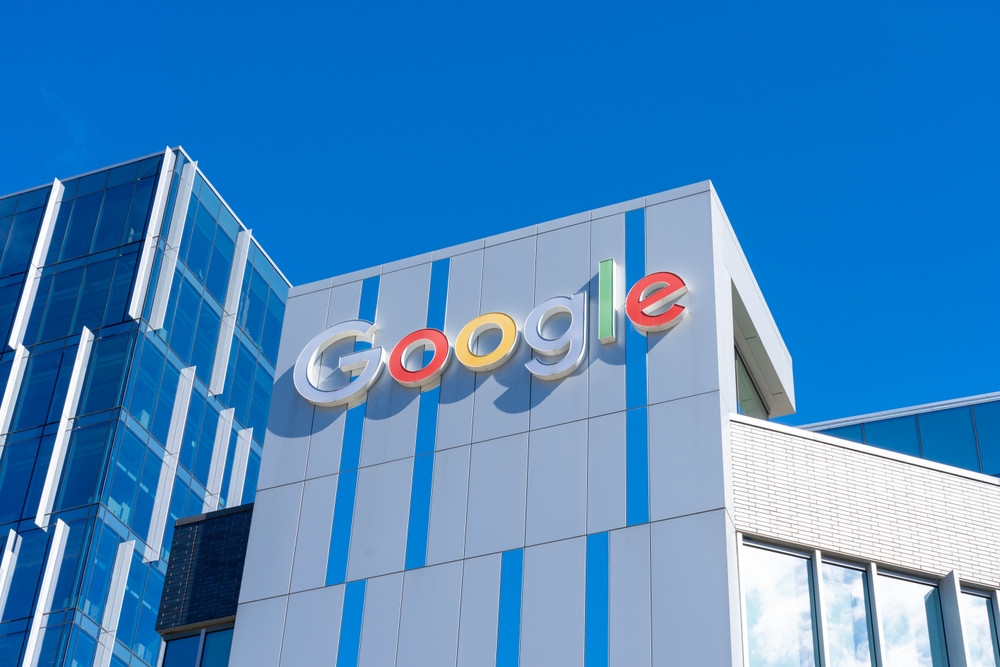Google (NASDAQ: GOOG), a subsidiary of Alphabet's holding company, once again captured the attention of the investment community when it was possible to watch its share price rise by more than 5% on Tuesday[1] following the unveiling of a revolutionary quantum chip called Willow.* This development represents a potential breakthrough in quantum computing that could redefine the future of technology and global industries.
The promise of quantum computing
Quantum computing is considered the next major stage in technological advancement with the capacity to process computations far beyond the capabilities of classical computers. Unlike traditional machines that use bits (binary 1 and 0), quantum computers work with quantum bits, called qubits. These can exist simultaneously as both 1s and 0s, making it possible to process huge volumes of data and solve complex equations in record time.
Google claims that its Willow chip has reached a significant milestone in this regard. The chip can solve a mathematical problem in five minutes, which would take a classic supercomputer an incredible 10 septillion years – more than the age of the universe. This advancement solves a fundamental challenge of quantum computing, namely reducing the error rate of qubits as their number increases.
Impacts on industry
Quantum computing has enormous potential in various fields, such as healthcare, energy, and cybersecurity. In healthcare, quantum systems can accelerate drug discovery and the development of personalized medicine, which could lead to faster and more accurate solutions for patients. In the energy sector, quantum technology brings opportunities for the development and optimization of renewable energy sources. In the field of cybersecurity, quantum technology can revolutionize encryption methods and provide stronger protection against growing cyber threats.
These applications are still in the early stages of development, but breakthroughs in quantum hardware such as the Willow chip may accelerate their implementation. Competition in the field of quantum computers is gaining momentum, with major players such as IBM, Microsoft (MSFT), Intel (INTC), Amazon (AMZN) and Honeywell (HON) actively investing in this transformative technology. These companies are competing to commercialize practical quantum solutions, paving the way for a new era of computing and innovation.
Government support and global investment
Support for quantum research by the United States government is also growing. The National Quantum Initiatives Act of 2018, signed into law by President Donald Trump, provided $1.2 billion for quantum computing research. Under President Biden's leadership, support for these projects continues through the CHIPS and Science Act, and the latest bill proposes an additional $2.7 billion to further advance quantum research. By contrast, China, the main competitor of the US, is reportedly spending more than $15 billion on quantum research, reflecting the global race for dominance in this revolutionary technology.
Challenges and perspectives
Despite the enthusiasm, a recent McKinsey survey showed that 72% of technology executives believe that fully functional quantum computers will not be a reality before 2035. This timeframe highlights major technical hurdles that still need to be overcome. As Markus Pflitsch, CEO of Terra Quantum, noted, while the breakthrough in artificial intelligence (AI) was primarily based on software innovation, quantum computing requires significant hardware advancements.
Still, firms like Apple are already preparing for the era of quantum technology by strengthening encryption protocols to protect against potential attacks by quantum systems.
Investment opportunities
Google's breakthrough with the Willow chip has fueled this year's stock growth of around 32%, underscoring the firm's fundamental strength and ability to lead in advanced technologies.* As quantum computing continues to evolve, pioneers in the field could see a significant increase in value and market influence. While this technology can take years to fully become a reality, early investments in leaders like Google can yield significant long-term returns.
For investors, quantum computing represents not only an exciting opportunity, but also a long-term commitment. Advances in this area can transform industries, economies, and the global technology space, making this field one of the key topics to watch. [1]
Conclusion
Google's Willow chip represents a monumental step forward in quantum computing and reaffirms the company's status as a technology innovator. While the road to practical applications of quantum technologies will still be long, the potential returns for early investors in the field are extremely enticing. With governments and corporations around the world investing heavily in quantum research, this emerging sector offers a unique combination of opportunities and potential. [2]
* Past performance is not a guarantee of future results
[1], [2] Forward-looking statements are based on assumptions and current expectations, which may be inaccurate, or on the current economic environment, which is subject to change. Such statements are not a guarantee of future performance. They involve risks and other uncertainties that are difficult to predict. Results could differ materially from those expressed or implied in any forward-looking statements.
[1] Alphabet share price performance over the past five years: https://tradingeconomics.com/goog:us


